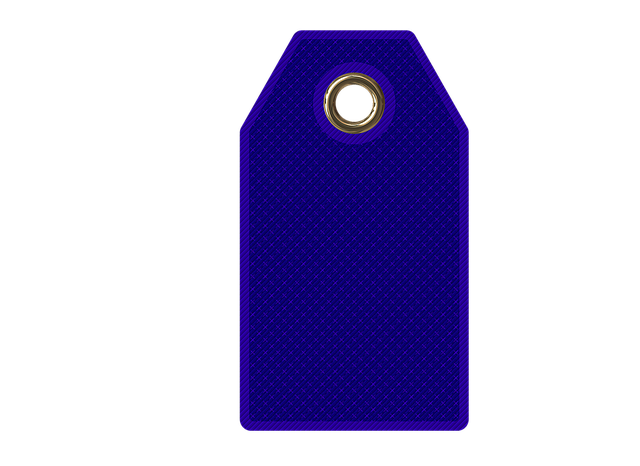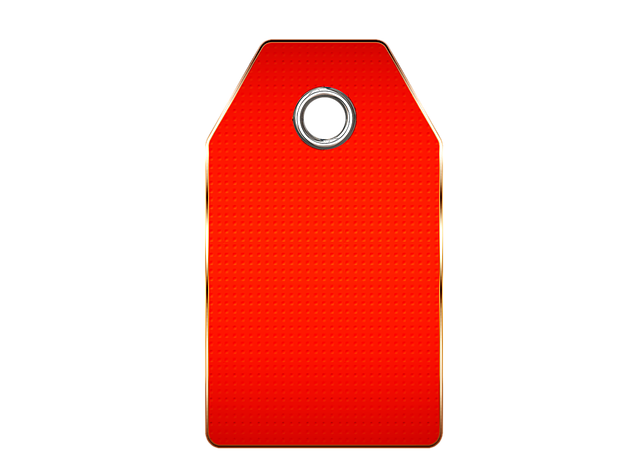Residents in Leeds considering skin tag removal have several treatments available, including cryotherapy, surgical excision, ligation, and at-home remedies. Cryotherapy, a non-invasive method that freezes skin tags with liquid nitrogen, is favored for its minimal scarring, quick treatment time, and low risk of complications. It's important to select a clinic in Leeds that offers certified cryotherapy services, as this technique requires precise temperature control. Surgical excision provides a permanent solution but involves medical intervention and potential risks like bleeding and infection. Ligation, which cuts off the blood supply with suture tying, can be less effective and may cause discomfort or suboptimal aesthetics if not done correctly. Home remedies like apple cider vinegar or duct tape are safer and cheaper but generally take longer to see results. Leeds Tag Removal serves as a valuable resource for individuals to evaluate their options and choose the best treatment according to their personal needs and health goals, with cryotherapy being a prominent choice due to its balance of safety, effectiveness, and minimal downtime. With the variety of treatments available in Leeds, including electrosurgical procedures and laser treatments, residents have access to comprehensive care for skin tag removal tailored to their specific circumstances.
For residents of Leeds seeking safe and effective skin tag removal, understanding the various methods available is paramount. This article delves into the comparative efficacy of cryotherapy versus other skin tag removal options, providing a comprehensive analysis to aid in informed decision-making. We’ll explore the advantages and potential drawbacks of cryotherapy, a method gaining popularity for its non-invasive approach, as well as other treatment modalities such as surgical excision. Leeds Tag Removal is your go-to resource for insights into each procedure, ensuring you have all the information to choose the best option for your needs.
- Cryotherapy vs Alternative Skin Tag Removal Methods: A Comprehensive Comparison for Leeds Residents
- The Pros and Cons of Cryotherapy for Skin Tag Removal in Leeds: What You Need to Know
- Exploring the Full Spectrum of Skin Tag Removal Options in Leeds: From Cryotherapy to Surgical Excision and Beyond
Cryotherapy vs Alternative Skin Tag Removal Methods: A Comprehensive Comparison for Leeds Residents

For Leeds residents seeking effective and safe skin tag removal, understanding the available treatments is crucial for making an informed decision. Cryotherapy, which involves freezing the skin tags with liquid nitrogen, stands as a prominent method known for its efficiency in removing benign growths. This treatment typically requires a few sessions to achieve complete removal and offers minimal scarring, thanks to precise temperature control. The process is generally quick, often taking only seconds per tag, allowing patients to return to their regular activities promptly.
In contrast to cryotherapy, alternative skin tag removal methods include surgical excision, ligation, and natural at-home remedies like apple cider vinegar or duct tape. Surgical excision, performed by a healthcare professional, involves cutting the skin tag off under sterile conditions. This method is permanent but carries the risk of bleeding and infection. Ligation, another medical approach, entails tying off the base of the skin tag with a suture to cut off its blood supply, leading to its eventual fall off. While effective, it may cause discomfort and can have aesthetic drawbacks if not performed correctly. On the other hand, at-home remedies are less costly and carry lower health risks but can be slower and less reliable than medical procedures. Each method has its advantages and disadvantages, making Leeds Tag Removal a comprehensive guide for residents to evaluate their options based on their specific needs and preferences.
The Pros and Cons of Cryotherapy for Skin Tag Removal in Leeds: What You Need to Know

In Leeds, individuals seeking safe and effective skin tag removal options often consider cryotherapy as a viable alternative to surgical procedures. Cryotherapy involves the use of extremely cold temperatures to freeze and remove skin tags. This non-invasive method is celebrated for its minimal downtime and quick recovery process. The procedure typically requires no anesthesia, which reduces the risk of complications and makes it a suitable choice for those with apprehensions about traditional surgery. Moreover, cryotherapy is highly precise, allowing practitioners to target only the skin tags while minimizing impact on surrounding healthy tissue.
However, it’s important to weigh the advantages against potential drawbacks before opting for cryotherapy. One significant con is the limited availability of certified professionals skilled in this procedure within Leeds Tag Removal clinics. Patients must research and select a reputable provider to ensure safety and efficacy. Additionally, while generally less painful than surgical excision, some individuals may still experience discomfort during the freezing process. The effectiveness of cryotherapy can also vary depending on the size and location of the skin tags; larger or deeply embedded tags might require multiple sessions for complete removal. Furthermore, post-treatment, there’s a possibility of skin discoloration or blistering that typically subsides within a few weeks. Prospective patients in Leeds considering cryotherapy for skin tag removal should consult with healthcare professionals to discuss their specific needs and determine if this treatment aligns with their health goals.
Exploring the Full Spectrum of Skin Tag Removal Options in Leeds: From Cryotherapy to Surgical Excision and Beyond

In Leeds, individuals seeking effective skin tag removal options have a variety of methods at their disposal, each with its own set of advantages and considerations. Cryotherapy, which involves freezing the skin tags using liquid nitrogen, has gained popularity due to its non-invasive nature and quick treatment sessions. This method can be particularly appealing for those looking for a minimally disruptive solution; however, the efficacy may vary depending on the size and location of the skin tags. Leeds Tag Removal clinics offer this service, ensuring patient comfort and safety while effectively addressing cosmetic concerns.
Beyond cryotherapy, other methods such as surgical excision, electrosurgical procedures, and laser treatments are also available in Leeds for those requiring more robust solutions. Surgical excision involves a minor procedure where the skin tag is physically removed under local anesthesia, providing a definitive removal that’s particularly suitable for larger or more persistent tags. Electrosurgical methods utilize electrical energy to cauterize and remove the skin tag, minimizing bleeding and promoting quick recovery. Meanwhile, laser treatments can target and destroy skin tags through concentrated light beams, each technique tailored to fit individual needs and circumstances. These diverse options underscore Leeds’ commitment to providing comprehensive care for those seeking effective skin tag removal.
In conclusion, for residents of Leeds seeking effective skin tag removal, it’s clear that cryotherapy stands out as a safe, cost-effective, and minimally invasive option. When compared to other methods like surgical excision or ligature, cryotherapy offers quick recovery times and is generally well-tolerated by patients. The pros of this treatment, including its precision and minimal scarring, are notable advantages that contribute to its popularity in Leeds. While it’s important for individuals to consult with healthcare professionals to determine the best course of action tailored to their specific needs, the comprehensive comparison presented here underscores the value of cryotherapy as a preferred choice within Leeds tag removal options. Ultimately, understanding the full spectrum of available treatments enables patients to make informed decisions about their skin care, confidently choosing cryotherapy for its efficacy and patient-friendly nature.
